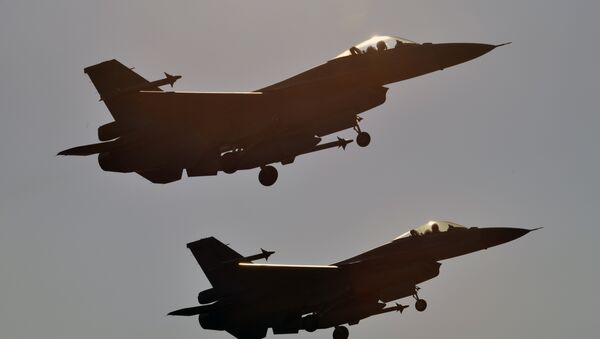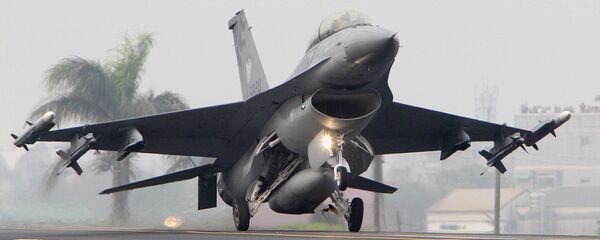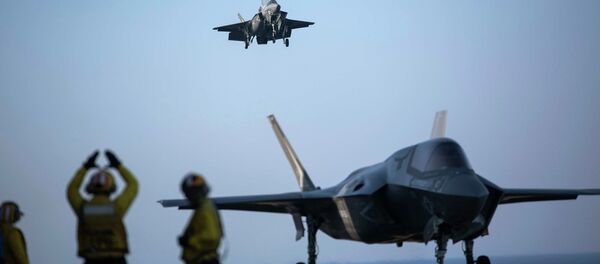China’s opposition to any US-Taiwan weapons deal or upgrade package is a "consistent" and "clear-cut" position that Beijing has long held, spokeswoman Hua Chunying told the Japan Times. Assisting the defenses of Taiwan is recognized by the Chinese Foreign Ministry as an extremely delicate situation, and China hopes leaders in Washington "fully" understand the "serious harmfulness" imposed by selling weapons to Taiwan.
Ending the deal is crucial for keeping the Taiwan Strait peaceful, Hua noted. The Taiwan Strait has played host to military exercises by the US Navy’s USS Carl Vinson as well as the People’s Liberation Army Navy’s Liaoning aircraft carrier.
After President Barack Obama’s administration scuttled a $1 billion arms package to Taiwan in his final months in office, a move that shortly followed President Donald Trump giving audience to Taiwanese leader Tsai Ing-wen over the phone, Taiwanese lawmakers praised Washington’s willingness to supply a more sophisticated weapons package under the Trump administration, the South China Morning Post reported.
"We welcome such a move, but it is more important for us to be able to decide our own weapons needs," parliamentarian Lu Yu-ling said. Huang Wei-che of the opposition party said Taiwan would be wise to approach Trump with caution due to his "mercenary character," the Post noted.
If recent trends suggest anything, don’t expect the US to back down from its role as one of the world’s most active and prolific supplier of sophisticated weaponry, including missiles, naval ships, and of course, the insanely expensive and therefore high revenue generating F-35s.
In 2015, the US dominated the global weapons market, Sputnik reported, citing the Congressional Research Service. The value of all transfer agreements in 2015 added up to $79.9 billion, the report said, making the US’ $40.2 billion in sales represented market share 50.29%.
A recent report sent from the Taiwanese ministry of defense to parliament said that Taiwan would respond to invasions by “striking enemy troops at their home bases” and “fighting them at sea,” pointing out that Beijing has never excluded the possibility of entering armed conflict to reclaim Taiwan.
The weapons package is thought to consist of parts and equipment accelerating the modernization of Taiwan’s F-16s into F-16Vs as well as defense missiles.



